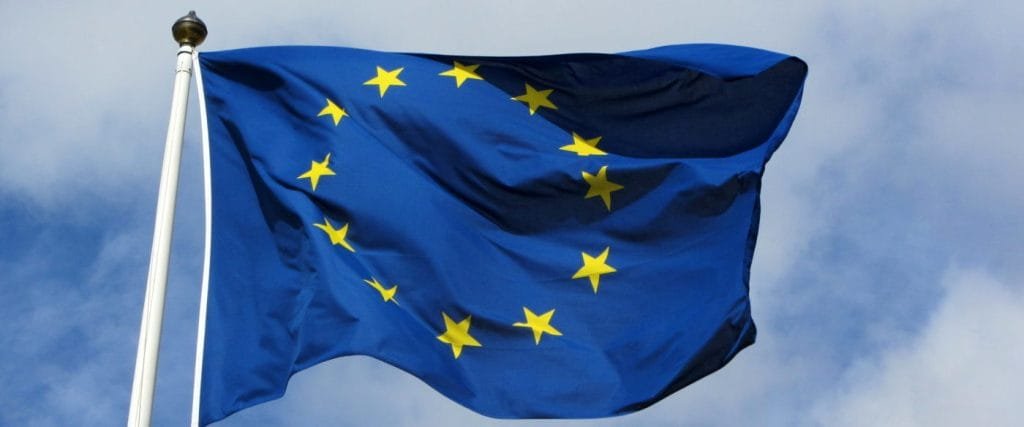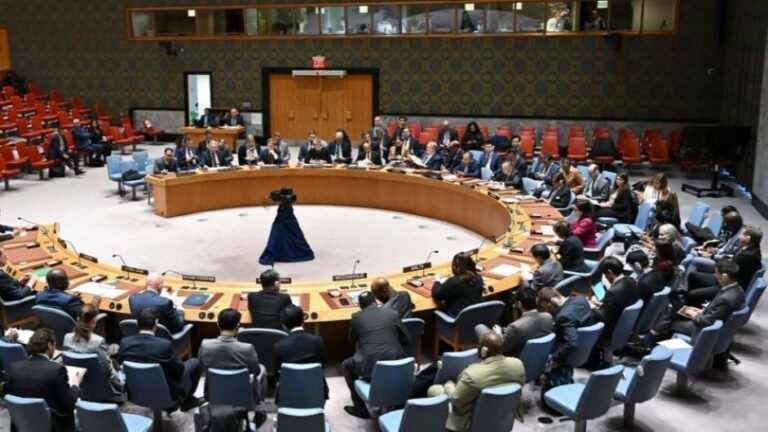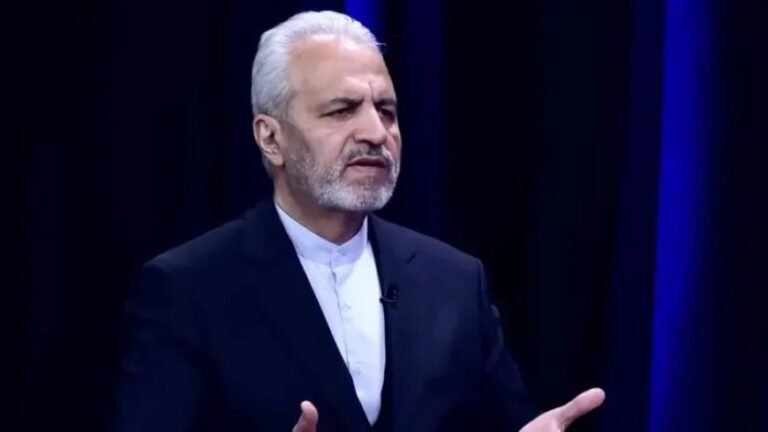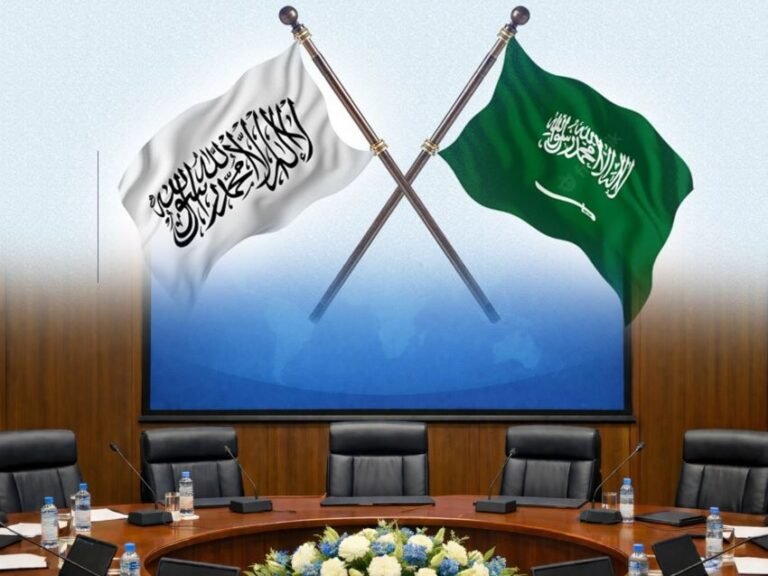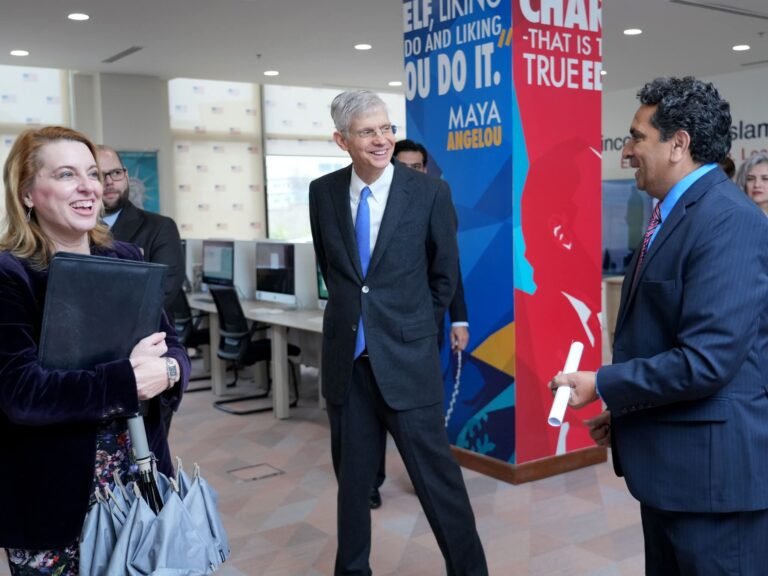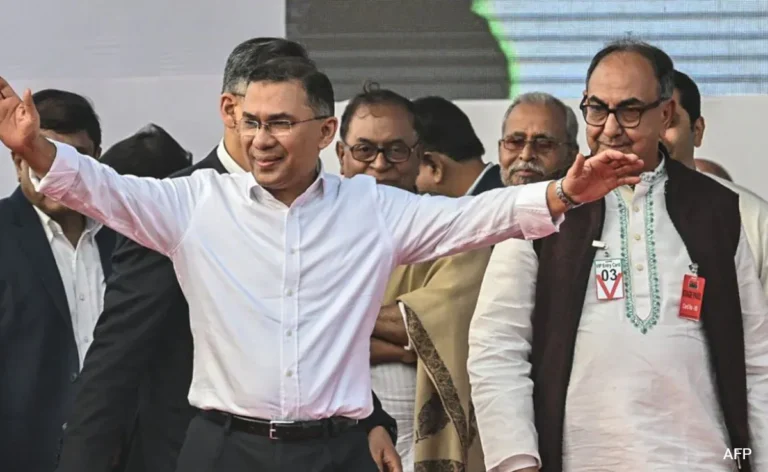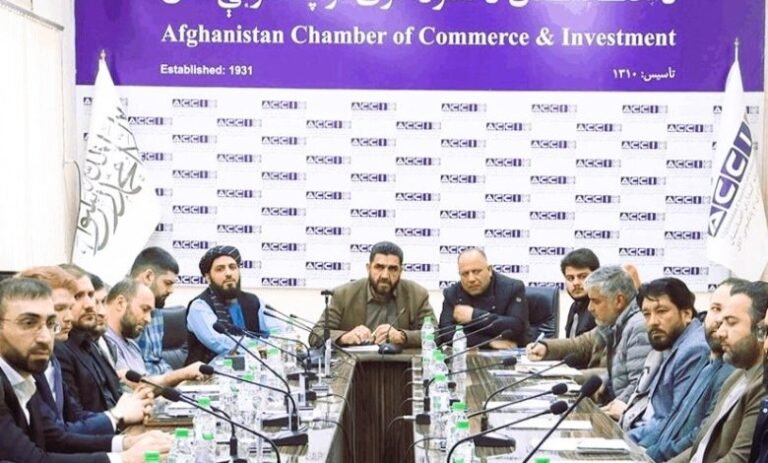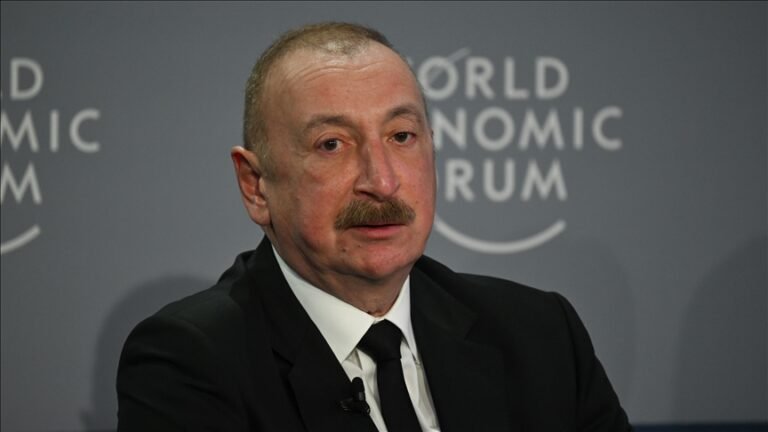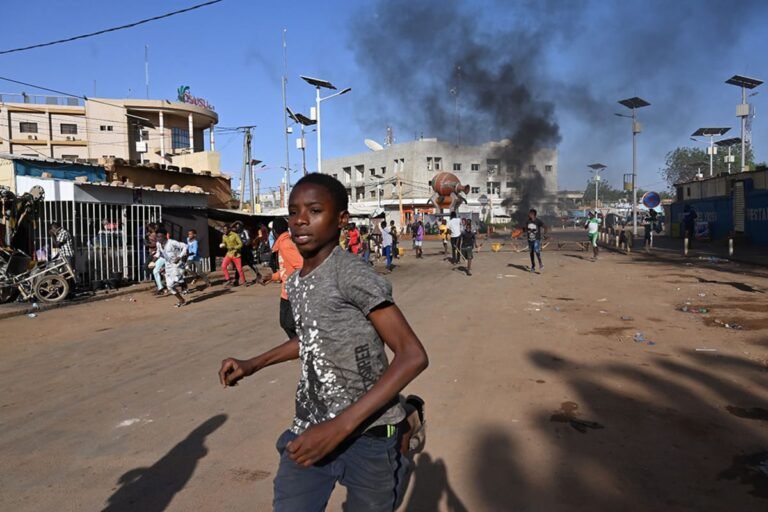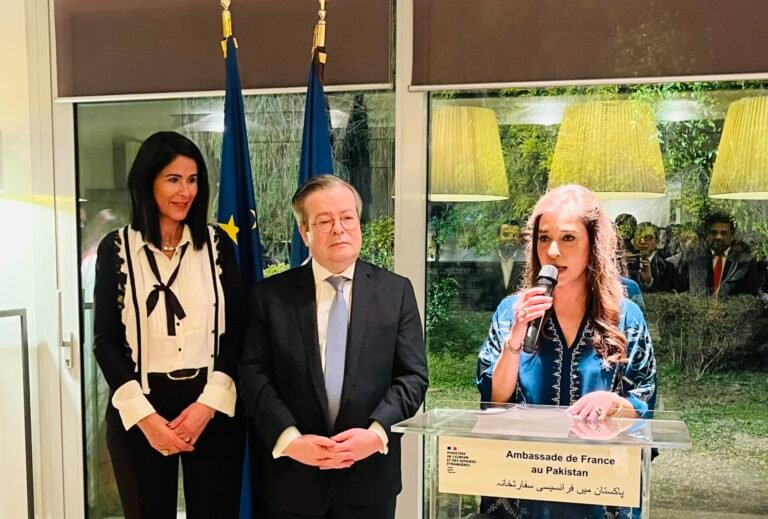New York, 3 May 2023 (TDI): Ambassador Silvio Gonzato, Deputy Permanent Representative, Delegation of the European Union to the United Nations, delivered a statement on behalf of the European Union and its Member States to the United Nations.
The statement was delivered at the ECOSOC Special Meeting on Unleashing the transformative power of SDG16: Improving Governance and reducing corruption.
Improving governance and reducing corruption are essential to achieving #SDG16.
— 🇪🇺EU at UN-NY (@EUatUN) May 2, 2023
The EU is committed to promoting the rule of law & access to justice, fighting illicit financial flows & corruption.
Statement @UNECOSOC ➡️https://t.co/MReWMlSsbQ pic.twitter.com/9TDWKkvmbx
The Ambassador made the statement on behalf of the European Union’s member states as well as Candidate Countries, namely North Macedonia, Montenegro, Serbia, Albania, Ukraine, the Republic of Moldova, and others.
Sustainable Development Goal 16 includes promoting the rule of law and access to justice, fighting illicit financial flows and corruption, and improving institutions and decision-making. The post-Covid world has been marred by conflicts, climate, and inflation.
The Ambassador stressed respecting democratic principles and inclusive governance to overcome the crisis.
Corruption is the most rampant practice across the globe, which disproportionally affects the most disadvantaged.
To fight corruption, upholding values such as the rule of law, respect for fundamental rights and freedoms, good governance, and discouraging the practice of corruption is of paramount importance.
The Ambassador stated that “No crisis can justify departure from them. This is also true for the fight against corruption itself, which must not become an excuse for watering down the rule of law.”
The EU has adopted various legislative acts to fight against corruption at the EU level. 2017 Directive on the fight against fraud in the Union’s financial interests is a classic example in this regard.
Many EU legislation includes anti-corruption provisions in them.
Under the European Rule of Law Mechanism, there is an annual dialogue between the EU and national stakeholders. Annual Rule of Law Reports allows EU Member States to learn from each other’s experience and emulate best practices.
In 2021, the EU set up the European Public Prosecutor’s Office. In the first year, the EPPO registered more than 4000 crime reports from the participating member states and private parties. Around 1000 investigations have been initiated.
The EU Anti-Fraud Office (OLAF) investigates corruption and serious misconduct within the EU institution. It also investigates fraud against the EU budget. The office helps develop the EU anti-fraud policy.
With the Council of Europe, the EU is working together on capacity-building and implementation of standards to strengthen the rule of law and the fight against corruption.
The Ambassador further added that the EU and its Member States appreciate the UN’s support to the countries in their fight against corruption. As parties to the UN Convention against Corruption, the EU backs the fight against corruption through strict implementation of its provisions.
The EU also identifies the need for technical assistance and capacity building.
Also read: Europe Leads Climate and Development Financing with Global Gateway
Furthermore, the EU respects the political declaration of the 2021 Special General Assembly Session on Corruption. Corruption is seen as a mechanism for enabling cross-border crime and international terrorism. It is a grave threat to democratic societies and sustainable development.
The Ambassador appreciated the high-value work of the United Nations Office on Drugs and Crime and the International Anti-Corruption Academy.
Role of civil society, private sector, and media
Civil society, the private sector, and the media can play an effective role in combating corruption. These entities can help report crime and enhance partnerships with the public sector to fight corruption.
The European Commission published a Handbook of Good Practices in the Fight against Corruption in February this year. It aimed at assisting Member States, practitioners, researchers, and civil society.
The EU commended the tireless work of civil society and citizens in this area.
Lastly, the Ambassador reaffirmed the EU’s commitment to the fulfillment of SDGs through improving governance and reducing corruption.
The EU looks forward to further analyzing the key issues at the upcoming SDG 16 Conference in Rome, hosted by Italy and co-organized with UNDESA and IDLO.

